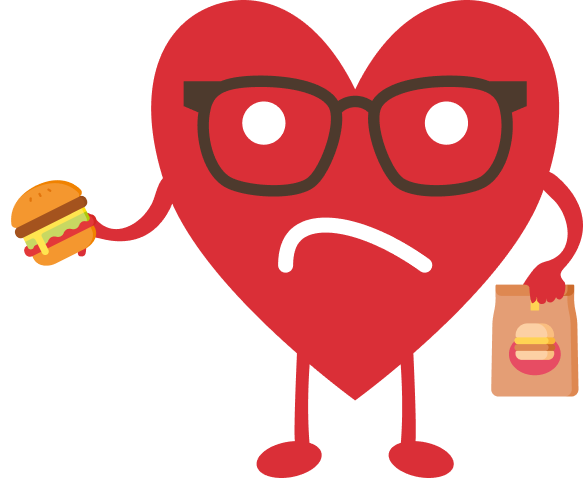Cardiovascular disease and your CVD risk
‘Cardiovascular disease’ (CVD) refers to a group of conditions affecting the heart and blood vessels, for example, heart attack and stroke. CVD is associated with damage to many parts of the body such as the heart, brain, kidneys, eyes and limbs.


What is Cardiovascular Disease (CVD)?
Cardiovascular disease (CVD) is a general term for conditions affecting the heart or blood vessels.
It’s usually associated with a build-up of fatty deposits inside the arteries – known as atherosclerosis – and an increased risk of blood clots. It can also be associated with damage to arteries in organs such as the brain, heart, kidneys and eyes.
The three main conditions are:
- coronary heart disease (which can cause angina or heart attack)
- stroke
- peripheral arterial disease (also known as peripheral vascular disease)


Causes of CVD
There are many things that can increase your risk of developing CVD. The more risk factors you have, the greater your chances are of developing CVD.
Some of the causes may include:
- High blood pressure
- Smoking
- High cholesterol
- Diabetes
- Inactivity
- Being overweight or obese
- Family history of CVD
- Ethnic background
- Other risk factors
You can read more about this throughout our website and here


How happy is your heart?
Check your heart age here.
What does it tell you about your heart? Whatever the answer, now is the right time to think about how to change your lifestyle for the better. We’ve put together some of our favourite sources of information, advice and help so that you can find them easily.
You could also talk to your practice nurse about how you can get the most health benefits from this information.
Reducing the risk of heart attacks and strokes


Atrial fibrillation
AF is characterised by a rapid, irregular heartbeat and is the most common heart rhythm irregularity.


Blood pressure
High blood pressure, or hypertension, rarely has noticeable symptoms. But, if untreated, it increases your risk of developing serious health problems such as heart attacks and strokes.


Cholesterol
Cholesterol is a fatty substance found in your blood. If you have too much cholesterol in your blood, it can increase your risk of heart disease, heart attack and stroke.


